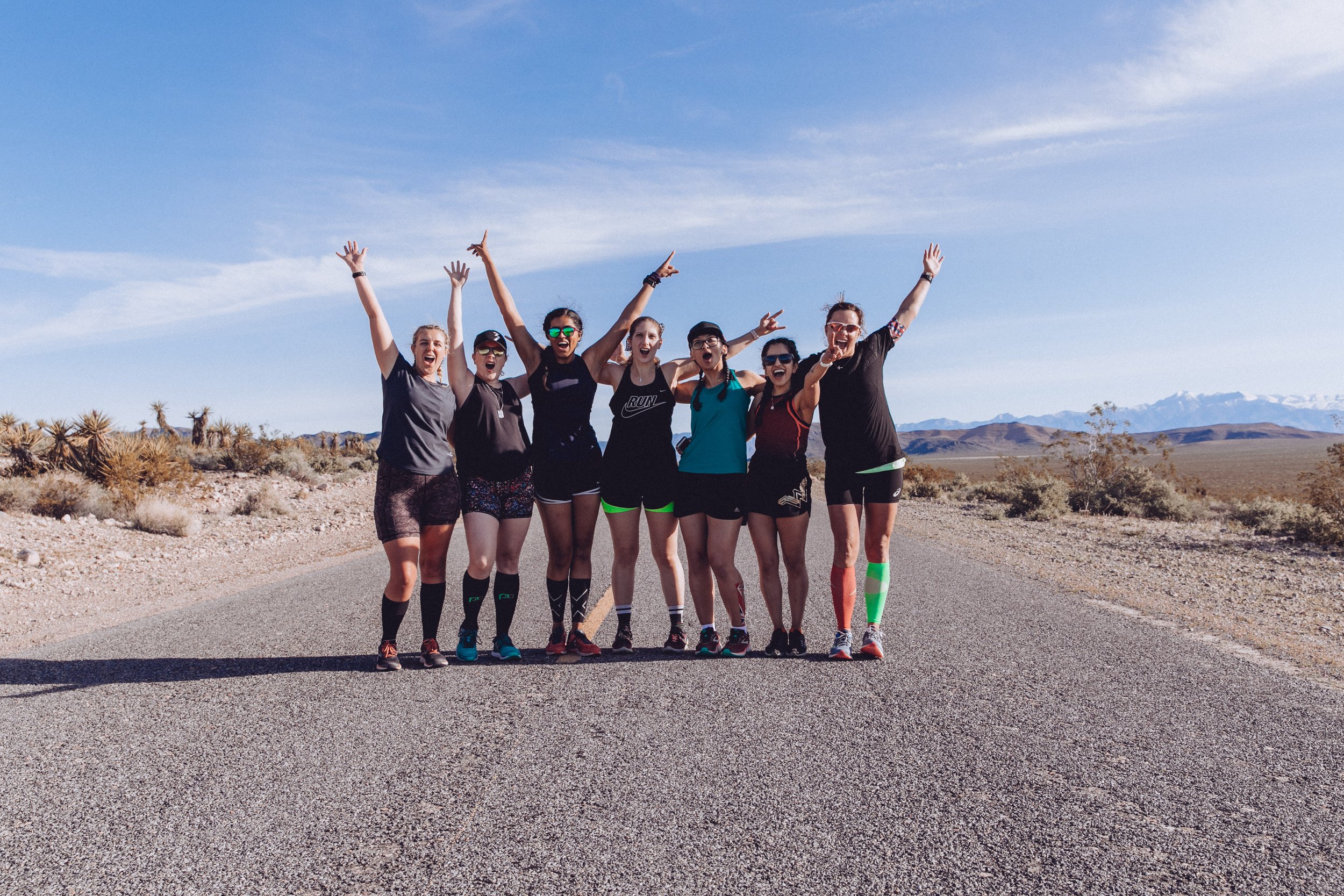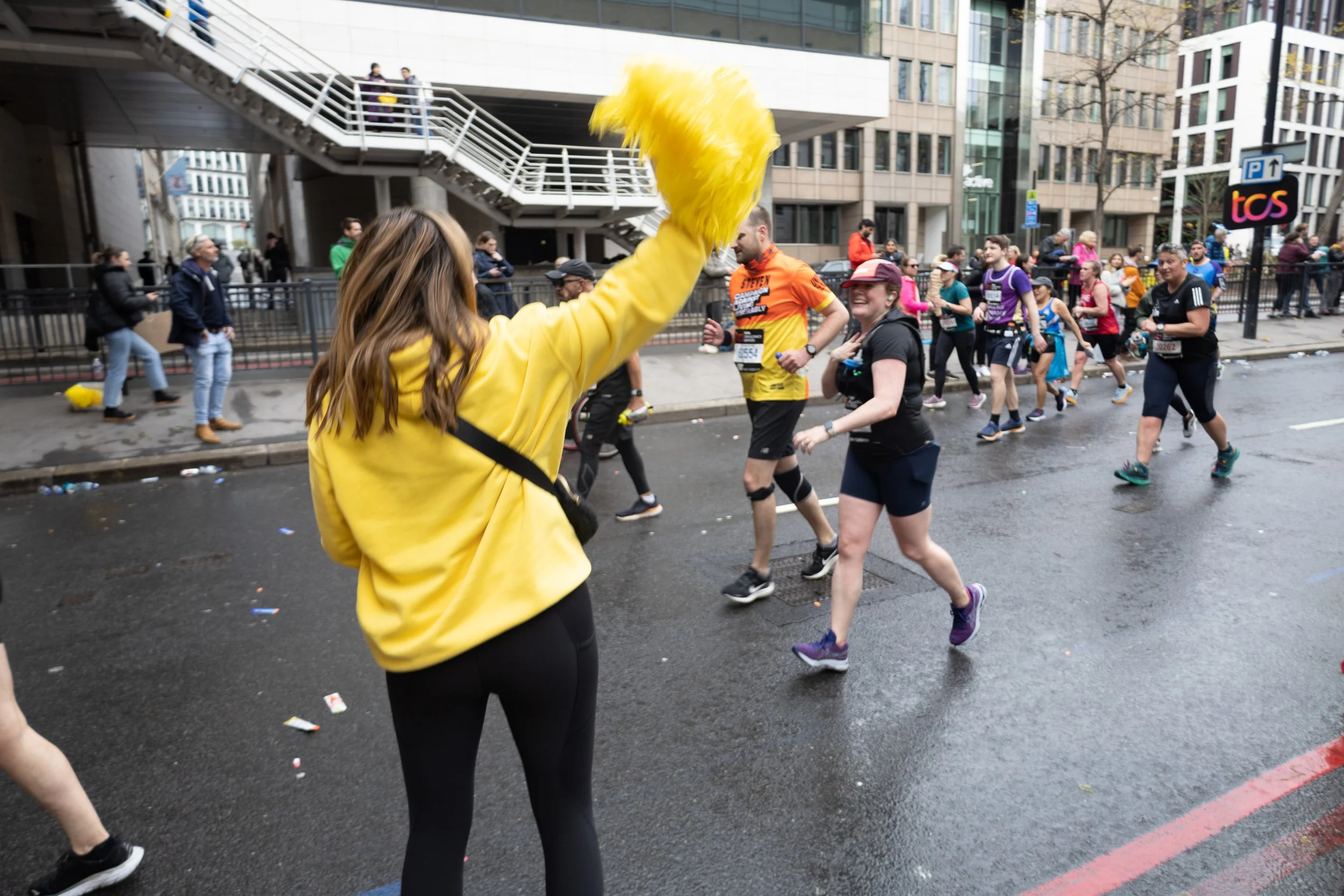Happiness vs. Pleasure
Do you know the difference between happiness and pleasure? The answer might be important for your life decisions. Happiness and pleasure are two distinct terms, but they might have very similar definitions. Here are the ways to think about the two terms.
Last week I was reading Bella Younger’s new book ‘The Accidental Influencer’ which explores how she became addicted to social media while building her Instagram account ‘Deliciously Stella’. A thoughtful and frank book, ‘The Accidental Influencer’ tells the story of how in 2016 Bella gained 75,000 followers overnight, and hundreds of likes a minute. Soon she was being paid huge sums of money to share on the ‘gram, attending lavish events and living her very own #influencerlife.
However, as Bella’s hilarious and daring social media alter ego flourished, offline her health began to decline, ending in a stint at The Priory for social media addiction, because however good the constant rush of notifications felt, the constant pressure to be ON was all consuming.
Dopamine v. Serotonin
In her book Bella looks at the work of Dr Robert Lustig, Professor of Paediatrics at the University of California, San Francisco, who’s work explores the differences between pleasure and happiness and highlights how, by confusing pleasure and happiness, she was confusing two fundamental hormones and two very different states of being.
“By confusing pleasure and happiness we are confusing two fundamental hormones and two very different states of being.”
Our brains release hormones that can help support our physical and mental wellbeing, including serotonin and dopamine:
SEROTONIN- an important neurotransmitter which helps regulate mood and social behaviour, appetite and digestion, along with sleep and memory, all functions I find get flung up in the air during my period.
DOPAMINE - a motivating hormone that is responsible for feelings of pleasure, desire, and motivation to learn new things.
Both serotonin and dopamine travel between neurons, but they have very different effects on those neurons. Serotonin inhibits neurons essentially slowing them down and producing a feeling of contentment or happiness. In contrast, dopamine excites neurons and in response those neurons stop making themselves so readily available and over time it becomes harder to get the feel good hit you’re after. What’s more, dopamine downregulates serotonin, so by chasing pleasure from those hits of dopamine you could be undermining your ability to feel contented happiness.
“the more pleasure we seek, the more unhappy we get.”
Social media is so addictive because it gives us a rush of dopamine the hormone that delivers pleasure. That little hit of something that feels good leaves us with a short lived high, but because we like how it feels we want more and more so we start chasing a high which at its extreme leads to addiction. Which is exactly what happened to Bella.
The Seven Differences Between Pleasure And Happiness
Dr Lustig’s work highlights a big problem in our society - most of us have been told for our entire lives that pleasure is happiness. Think about how companies and brands advertise products by associating whatever they’re selling with happiness in the hope that we’ll buy them in a bid to ‘improve’ our lives. This isn’t a naive move either, these companies know that they’re using our desire for a quick hit of pleasure to manipulate us as consumers with consequences that are really disruptive to our wellbeing.
“Money can buy you pleasure, but happiness has to come from somewhere else.”
So how do we learn to tell the difference between pleasure and happiness? According to Dr Lustig there are seven key differences between these two states of being:
Pleasure is short-lived; happiness is long-lived.
Pleasure is visceral; happiness is ethereal.
Pleasure is taking; happiness is giving.
Pleasure can be achieved with substances; happiness cannot be achieved with substances.
Pleasure is experienced alone; happiness is experienced in social groups.
The extremes of pleasure all lead to addiction, whether they be substances or behaviors. Yet there’s no such thing as being addicted to too much happiness.
Finally and most importantly, pleasure is tied to dopamine (the pleasure biochemical/neurotransmitter), and happiness is tied to serotonin (the happiness biochemical/neurotransmitter).
How To Boost Your Happiness
Now we know the difference between pleasure and happiness, and crucially how the pursuit of dopamine can dampen the effect of serotonin, how do we boost our sense of happiness and contentment?
PRACTICE GRATITUDE - there’s a strong connection between practicing gratitude and wellbeing which makes perfect sense as generally you’re less likely to feel down if you focus on the good things that have happened to you than if you’re dwelling on what went wrong. That’s not all, according to Emmons & McCullough people who practice gratitude were more likely to make progress towards their goals over a two month period, and in young adults a daily gratitude practice resulted in increased reported levels of alertness, enthusiasm, determination, attentiveness and energy. Practicing gratitude doesn’t have to be complicated, check out this post for tips on how to start a gratitude journal or if you need something to kickstart you download my free ‘A Week of Gratitude’ workbook here.
TAKE SOME TIME OUT FOR YOURSELF - According to research from Cricut more than half of UK adults have said that they felt happier for some periods during lockdown compared to life before restrictions and over a quarter said they felt happier for most of it. In fact amongst these two third said they actually preferred lockdown to normal life. That equates to around 35% of all UK adults, which is pretty staggering. Why? Because they had more time to themselves, more time to relax and more time to pursue their hobbies. Check out this post for more about how taking time out can benefit your wellbeing, and how to carve that time out of a busy schedule.
CONNECTION - Connection is one of the most basic human needs, it’s how we cope with stress (ever heard the phrase ‘a problem shared is a problem halved’?) and a lack of human connection can be more harmful to your health than obesity, smoking and high blood pressure (House et al, 1988). According to doctor and researcher Dhruv Khullar from Weill Cornell Medicine (cited in Gabbatt, 2020) isolation can increase anxiety or depression ‘within days’ because it creates ‘huge void in the way we go about being humans…something that has been kind of hard-wired into who we are as beings’. Connection is essential to our wellbeing, and ultimately our happiness. Check out this post for some creative ways to stay connected.
PRACTICE KINDNESS - at its core kindness is a gesture motivated by genuine, warm feelings for others. Kindness isn’t simply an emotion, it’s defined by our actions. Kindness can have real benefits for our mental health and wellbeing. Feeling good after doing something kind isn’t just psychological, it’s chemical. You can read more about the amazing power of kindness here along with some tips on how to get started.












